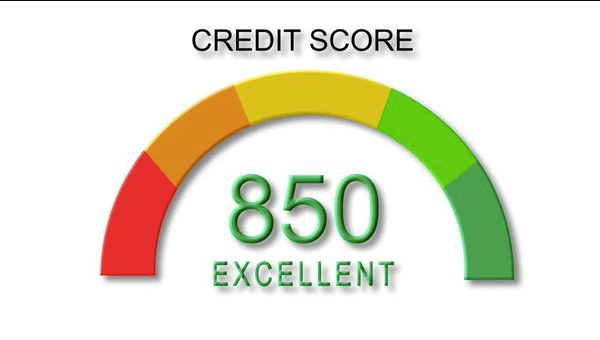In today’s financial landscape, your credit score is a critical aspect of your financial health. It determines whether you can secure loans, obtain favorable interest rates, and even affects your ability to rent an apartment or get a job. Among the various credit scores available, achieving an credit score is often seen as the pinnacle of financial responsibility and trustworthiness. In this article, we will explore what an 800 credit score means, how to attain it, and the benefits it offers.
What is an 800 Credit Score?
Defining Credit Scores
Before we delve into the specifics of an 800 credit score, let’s understand the basics of credit scores. Credit scores are numerical representations of your creditworthiness, typically ranging from appear to lenders and creditors.
The 800 Credit
An credit score is not just good; it’s excellent. It reflects a history of responsible credit management, timely payments, and low credit utilization. With an credit score, you are in the top tier of borrowers, and lenders are likely to view you as a low-risk candidate.
How to Achieve an 800 Credit Score
Building a Strong Foundation
To attain an 800 score, you need to build a strong credit foundation. This involves several key steps:
1. Pay Your Bills on Time
Timely payments are the cornerstone of a high due date.
2. Reduce Credit Card Balances
Maintain low credit card balances relative to your credit limits.
3. Diversify Your Credit Mix
Loans, and mortgages, can positively impact your score.
4. Keep Old Accounts Open
The length of your credit history matters. Keep older accounts open to demonstrate a longer credit history.
The Benefits of an 800 Credit Score
Having an credit score goes beyond just bragging rights. It opens doors to numerous financial advantages:
1. Lower Interest Rates
Resulting in significant savings over the life of a loan.
2. Access to Premium Credit Cards
With an 800 score, you’re likely to qualify for premium credit cards that offer exclusive perks and rewards.
3. Easier Loan Approvals
Whether you’re applying for a mortgage, car loan, or personal loan, you’ll find it easier to get approved with an credit score.
4. Negotiating Power
You can negotiate better terms on loans and credit cards, potentially getting fees waived or interest rates lowered.
5. Landlords and Employers Take Notice
Landlords may favor you as a tenant, and some employers even check credit scores during the hiring process, viewing a high score as a sign of responsibility.
Maintaining Your Credit Score
Achieving an 800 score is impressive, but it’s crucial to maintain it:
Regularly Check Your Credit Report
Promptly dispute any inaccuracies.
Avoid Opening Too Many New Accounts
Frequent credit inquiries and new accounts can temporarily lower your score.
Continue Good Financial Habits
Consistently practice responsible credit management, including paying bills on time and managing credit card balances. Read more…
Conclusion
In the world of personal finance, an 800 credit score is a symbol of financial excellence. It offers access to better financial opportunities, lower costs, and increased peace of mind. Achieving and maintaining this score requires discipline and responsible financial behavior, but the rewards are well worth the effort.
FAQs
- What is a good credit score besides 800?
A good credit score generally ranges from 700 to 749. However, an credit score is considered excellent. - How long does it take to achieve an credit score?
The time required to achieve an 800 score varies depending on your starting point. It may take several years of responsible credit management. - Can I achieve an credit score with just a credit card?
While a credit card can contribute to a high score, it’s advisable to have a mix of credit types, including loans and mortgages, for the best results. - Is it possible to have a perfect 850 credit score?
While it’s theoretically possible to achieve an 850 credit score, it’s exceedingly rare. An credit score is typically sufficient for the best financial opportunities.

